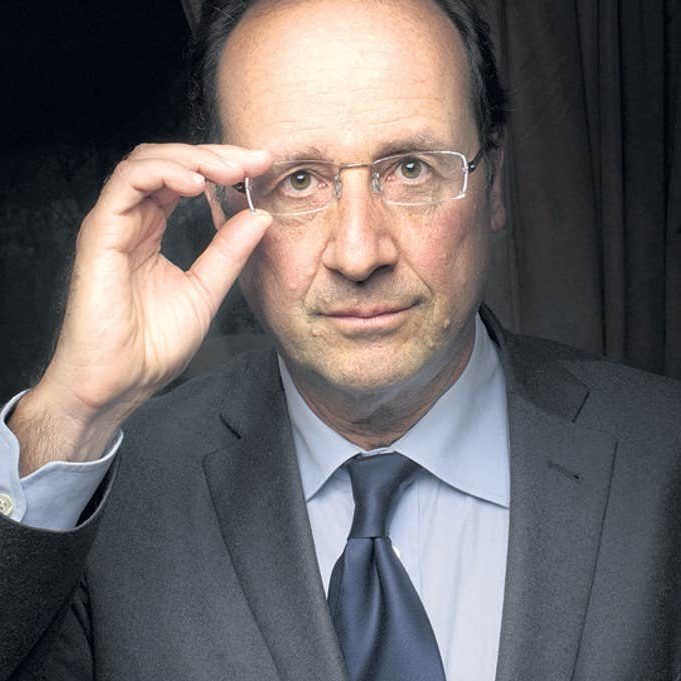 We spoke to lesbian ex-pats about their experiences adapting to a new culture with unfamiliar views on homosexuality.
We spoke to lesbian ex-pats about their experiences adapting to a new culture with unfamiliar views on homosexuality.
For all the ignorant UKIP comments and day-to-day homophobia in the UK, it’s still fair to say that the LGBT community has it pretty good in this country. No matter your own personal stance on marriage, the legalisation of same-sex marriage (although well-behind countries like Spain, The Netherlands and Canada) is a step forward for LGBT rights that should be celebrated.
But what’s it like for those wanderlust types who find themselves living and working in a place that’s not as progressive as the UK? We all know the current situation in Russia and the Middle East is deplorable, but what about those countries which don’t make headlines for their anti-gay stances?
We spoke to lesbian ex-pats about their experiences adapting to a new culture with unfamiliar views on homosexuality.
Mindy and Ligeia – Thailand
Having met whilst both were living in Berlin in 2004, Mindy (from Canada) and Ligeia (an American) are both experienced ex-pats. They’ve been living in Thailand for the past two years and shared with us their take on Thailand’s reaction to them as a lesbian couple.
What kind of reactions have you come across from locals (or even fellow ex-pats) concerning your sexuality?
In Thailand, at first glance, society may seem rather inclusive of homosexuality given its understanding and belief of a third gender (katoey). However, we have discovered that homophobia is quite rampant, although it wears a different mask than we’re used to.
Butch lesbians (and effeminate gay men) are seen as “normal” because it’s clear that these people are “born this way” as the third gender. However, for more feminine lesbians (and masculine men) it is seen as strange and abnormal to be attracted to other feminine women. In this way, butch women are often referred to as “he” and “Mr.”. As long as lesbian couples fit the butch/femme stereotype, they have a place in Thai society.
Conversely, most Thais would be shocked at the prospect of two “ladies” (or muscle men) together. Thai society, therefore, seems to see us as a straight couple, labelling Mindy as a man.
How would you describe the activity and presence of the LGBT community in your host country? Loud and proud?
The lesbian scene in Bangkok is much larger than in the city of Chiang Mai, where we live, where it is virtually non-existent. Because lesbians aren’t seen here as “lesbians” by society and perhaps even themselves, there is no need for a “lesbian scene”.
Instead, we have found that those our Western eyes see as lesbians simply hang out with everyone else, having no need to separate themselves. We have come across a few other lesbian ex-pats while living here and they report the same findings in Chiang Mai. It is, therefore, easy to feel isolated
Wow! I’m not the only one suffering here! Well, that’s good and bad to know.
I’m American and I’ve been overseas for a long time. In Tokyo, I was a member of a lovely lesbian community and then I moved to France where the girls were so hard to get to know that it took me almost a year to start dating and making some lesbian friends.
As I finally got to the scene, I lost my visa and came here only to find myself feeling very disconnected from the community and myself, but I did a search and found this. YAY! I don’t have pets because I move around too much, but I’d love to meet any and all of the people on this list.
If you all haven’t met up already might I suggest that perhaps we can all get together for a picnic? Surely meeting five or six people would be way more fun than meeting just one.
LGBT rights have come so far in liberal societies that gay couples frequently get into trouble travelling to less-progressive societies. Michael Brinksman is an editor at ex-pat lifestyle publication Expat & Offshore and provides advice for homosexual couples planning on living abroad: ‘unfortunately for LGBT ex-pats, there are a huge number of extra considerations that must be taken into account before planning a move abroad. ‘
‘For homosexual couples, financial matters such as obtaining family savings accounts, insurance policies and joint mortgages may prove difficult if not impossible. If you have children there could also be issues regarding parentage – both partners may not be considered the legal parents of the children.
‘Then there are cultural stigmas to contemplate. The UAE is a great spot for ex-pat professionals in the finance sector, but their stance on public homosexuality is obviously not one of toleration. Furthering one’s career at the cost of closeting oneself may be a trade-off that LGBT ex-pats would have to consider.


